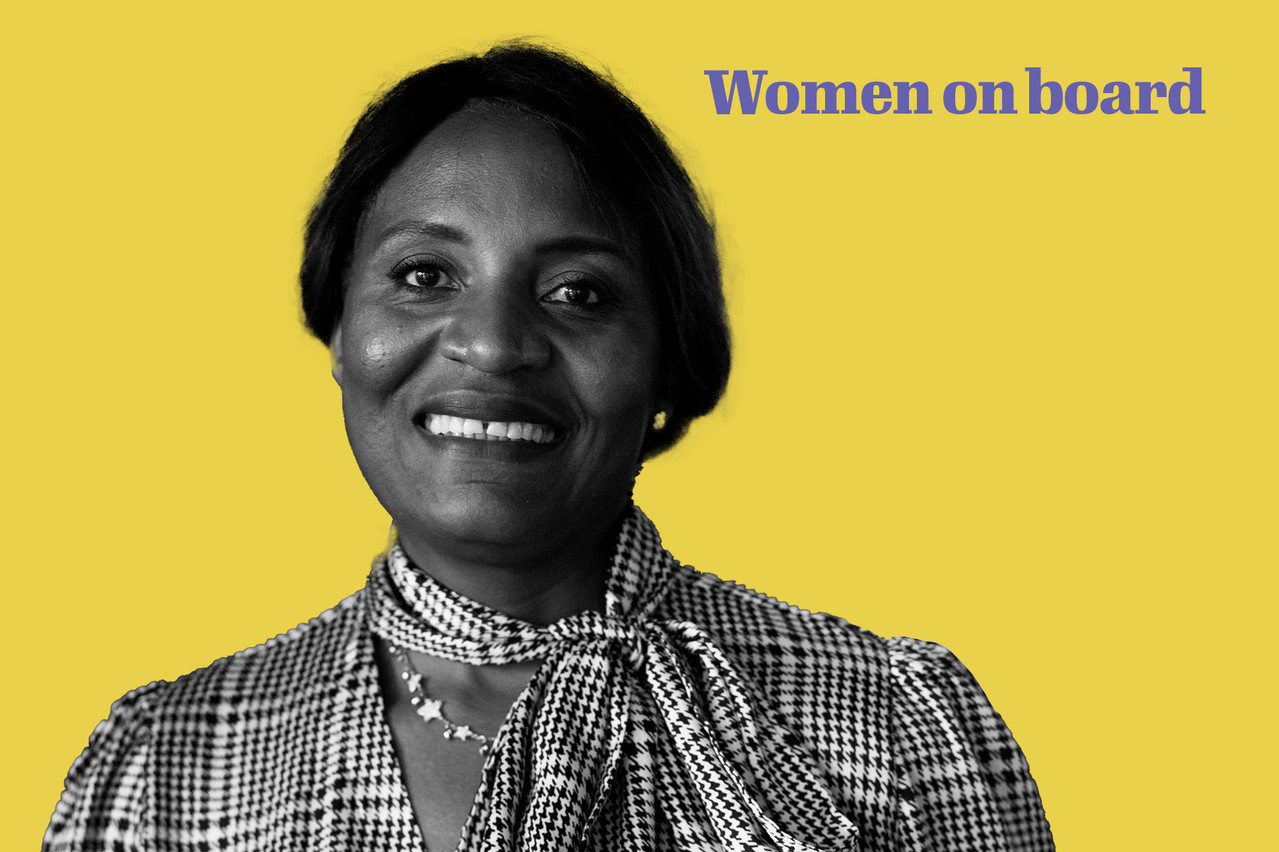A specialist in property management and relocation in Luxembourg, has more than ten years’ experience in the field. She founded AB-Lux in June 2005, and since then the company has gone from strength to strength. Avez-Nana is a board member and vice president of Women Leaders of Luxembourg and has 15 years of community involvement. She also founded the African Business Accelerator and was deputy head of unit at the European Commission for five years.
Paperjam: What are the main challenges you have faced as an independent female director?
Nicole Avez-Nana: One of the major challenges has been to break down certain pre-existing perceptions about the role of women in positions of power. As a woman in a multicultural environment like Luxembourg, integration and recognition on boards sometimes require more work and proof of competence. In addition, navigating structures that are often dominated by men can sometimes be complex, but it has also allowed me to bring a unique perspective and enrich debates.
How do you deal with any resistance or scepticism towards you?
I manage this by remaining true to my values and my skills. Respecting my commitments, my transparency and my professional ethics enable me to earn the trust of my peers. I focus on the substance of my interventions, proving through my actions that my choices are based on competence and rigour.
Do you think that gender equality is progressing on boards of directors?
Yes, I think that equality is progressing, particularly in Luxembourg, where diversity is a strategic lever for companies. However, this progress remains slow and uneven. Women are still under-represented in certain sectors, even though efforts are being made to integrate more women into leadership roles. This dynamic is being encouraged by actions such as increasing the visibility of women business leaders and public policies that promote inclusion.
What do you think of quotas for women on boards?
Quotas may be a necessary step to rebalance a situation where women are historically under-represented. Although their introduction may seem restrictive, they offer a real opportunity for change, in particular to open doors to female talent. In time, I hope that these quotas will become obsolete, as true equality will be achieved through a natural evolution in mentalities.
As a female director, do you feel a particular responsibility to champion issues of parity and inclusion?
Yes, there is a moral and professional responsibility to encourage parity and inclusion. In my experience, diversity is a catalyst for board performance. It is essential to be a voice for diversity, particularly in environments where women are still in the minority.
In your opinion, how does diversity influence the performance of a board of directors?
Diversity allows different perspectives to be brought together and leads to more creative and innovative solutions. It strengthens decision-making by broadening it, allowing issues to be approached from different angles. In my own experiences, the diversity of backgrounds has contributed to a better understanding of complex challenges and to solutions that are better adapted to current issues.
What solutions or policies do you think could encourage greater parity?
The introduction of mentoring and continuing education programmes is crucial. It is also important to encourage companies to review their recruitment and selection processes in order to avoid unconscious bias. Genuine education on female inclusion and leadership should be integrated into training programmes at all levels.
What advice would you give to a woman who is hesitating to take the plunge?
The main advice would be to believe in your abilities and not be discouraged by the obstacles. Taking the plunge requires boldness and perseverance. It’s important to build a strong support network and seek out mentoring opportunities to strengthen yourself along the way.
Do you have a moment in your career that illustrates the reality of being a woman in this role?
A defining moment was when my father, in a patriarchal Cameroonian system, appointed me administrator of his estate, even though I had three brothers, the natural heirs. It was a turning point in my life, because this decision, although logical and based on my competence, gave rise to resistance and questions. This experience taught me to persevere in my convictions, to face challenges resolutely and to defend my rightful place in structures often dominated by patriarchal norms.
What concrete advice would you give to a young woman who wants to take her place in society?
I would advise her to develop her skills and constantly work on her expertise. But it’s just as important to build up a good address book, particularly with influential people in business and politics, because that’s highly valued on boards of directors. It’s also essential not to let yourself be influenced by stereotypes or society’s limiting expectations. What I would advise against is not hesitating to take risks and not allowing yourself to be discouraged by obstacles. You have to be bold, persistent and believe in your abilities.
This article in French.
